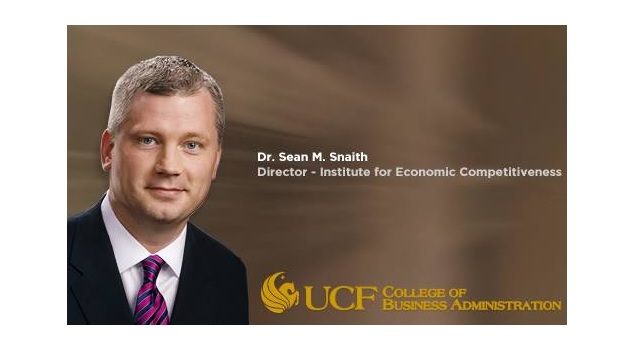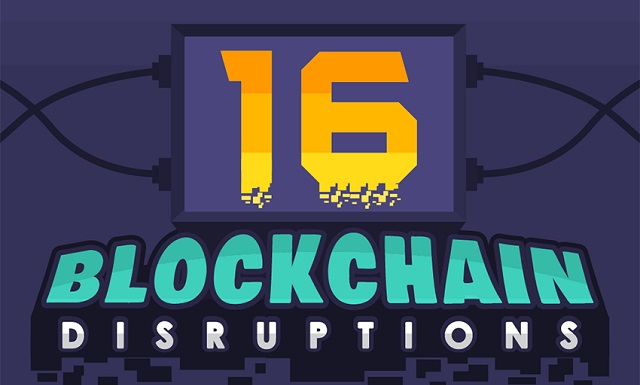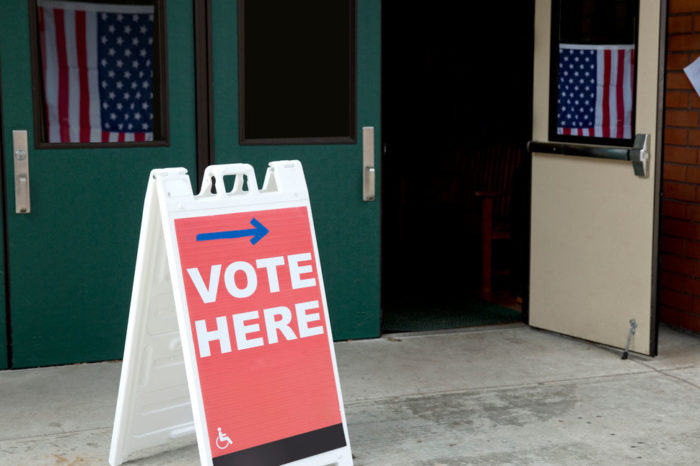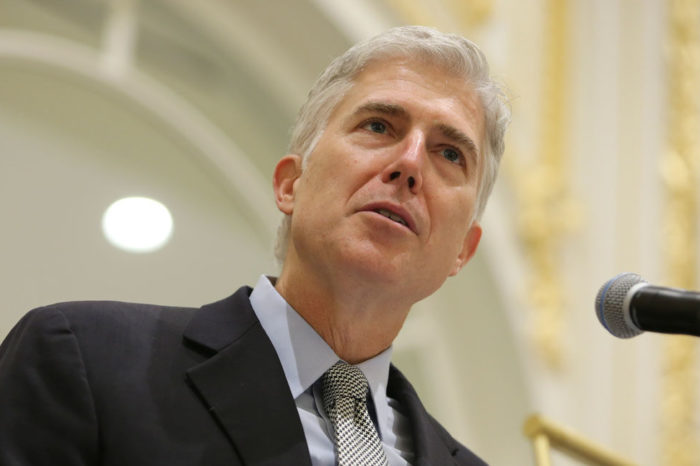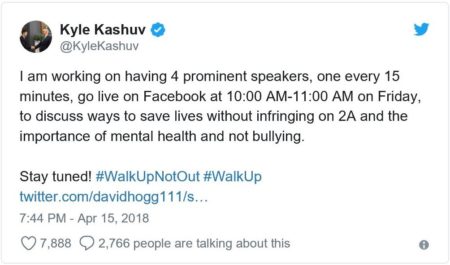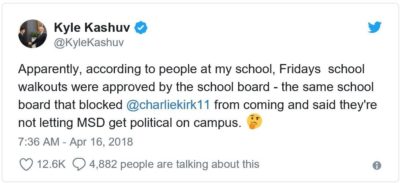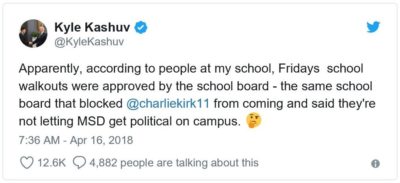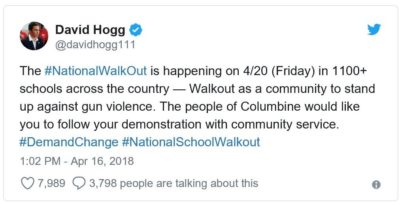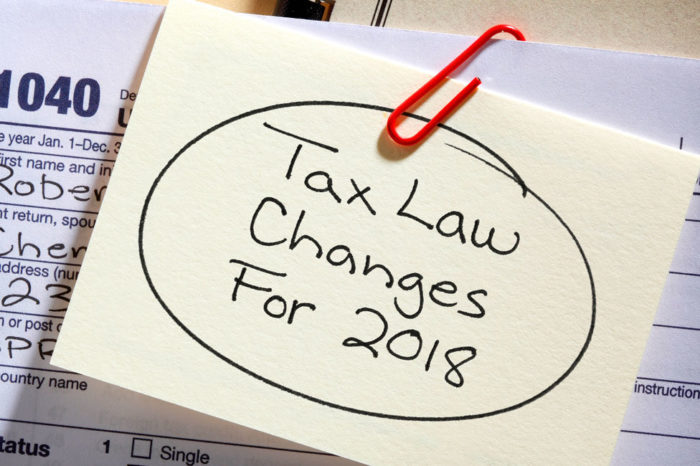How State Government fanned the flames of Hawaii’s volcano disaster
Government fanned flames of volcano disaster
by Joe Kent, Grassroot Institute, May 9, 2018
As lava engulfs the homes of many unfortunate Hawaii Island residents, it’s important to remember that the state originally encouraged the building of homes in this dangerous area by offering lava insurance where no private company would.
In the 1990s, the town of Kalapana was destroyed by lava, and soon afterward, private insurance companies, after suffering millions of dollars in losses, stopped insuring land in Lava Zones 1 and 2.

Lava Zones on Hawaii Island
In response to the absence of private insurance, the state Legislature created the Hawaii Property Insurance Association (HPIA), whose job is to provide coverage for homes in areas that private insurance won’t touch.</span
The law requires private insurance companies to pool their money to subsidize the expense of offering insurance in high-risk lava zones.
HPIA describes itself as a nonprofit association, created to provide basic property insurance for persons unable to purchase homeowners coverage in the private market due to the ongoing volcanic eruption in Lava Zones 1 and 2 on the Island of Hawaii.
Its members are all licensed insurers that write property and casualty insurance in Hawaii, each required to be a member of the HPIA as a condition of their authority to transact business in the state. Together they participate in the writings, expenses, profits and losses of the HPIA, in proportion to their market share of property and casualty insurance written in Hawaii, according to the association.
It adds, “There is no public funding or taxpayers’ monies involved,” but certainly any losses incurred by the HPIA members are passed along to their broader base of Hawaii customers, resulting in an indirect tax.
In any case, ignoring the obvious risks of building homes in active lava zones, the law stated that any person “who has been unable to obtain basic property insurance from a licensed insurer may apply to the association for coverage.”
This resulted in a boom in the housing market below the active Kilauea volcano.
By 2008, there were more than 2,400 HPIA policies in the area, providing more than $700 million worth of insurance statewide to the highest-risk lava zones on Hawaii Island. At the time, the Honolulu-Advertiser said Leilani Estates resident Douglas Pase could not find any private company willing to insure the building of his house in the area:
“Pase called various insurance companies to price coverage and said HPIA was the only willing insurer he could find. That was critical because ‘without some way of insuring the house that we would build, building in Leilani would not be an option for us,’ he said. ‘Since no one else would cover it, that becomes really, really important.’”
In economic terms, this created a “moral hazard,” a term which economist Paul Krugman described as “any situation in which one person makes the decision about how much risk to take, while someone else bears the cost if things go badly.”
The moral hazard of this new insurance program gave a false sense of security to homebuilders in Leilani Estates, some of whom were disappointed to find a gap in their coverage when HPIA issued a moratorium on new insurance following another lava flow in 2014.

A Pahoa home burns down in a lava flow in 2014.
At the time, Pahoa homeowner Corinne Traylor in testimony to the Legislature said that she and her husband could no longer refinance their house, and she couldn’t sell it either, “due to the sudden lack of insurance.”
Others said the moratorium was a “market failure” and urged the government to step in to help. Soon afterward, Gov. David Ige signed Act 32 in 2015, which mandated that the HPIA lift its moratorium and provide lava insurance, further fanning the flames of the moral hazard.
Today, that hazard is very real for families watching their homes be engulfed by magma. What was seen as a “market failure” was really a warning sign to those building in Lava Zones 1 and 2.
If the state had stayed out of the situation, probably fewer families would have built in the area, and today there might be less housing destruction.
After this disaster is over, Hawaii leaders should get out of the way and let the insurance market’s natural price mechanisms work to provide the valuable, even humanitarian, information needed regarding the areas in Hawaii that are simply too dangerous to build in.
RELATED ARTICLE:









